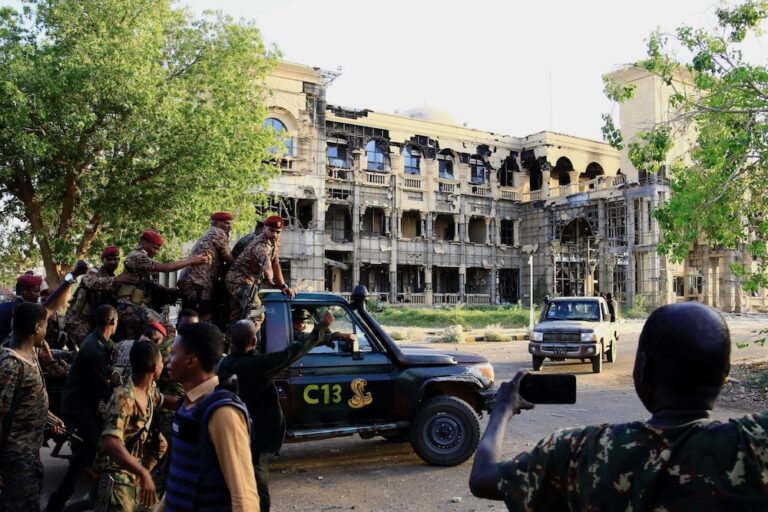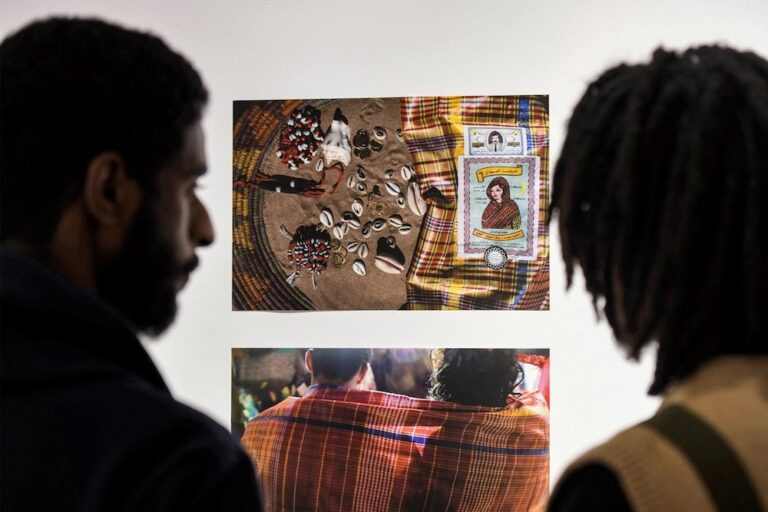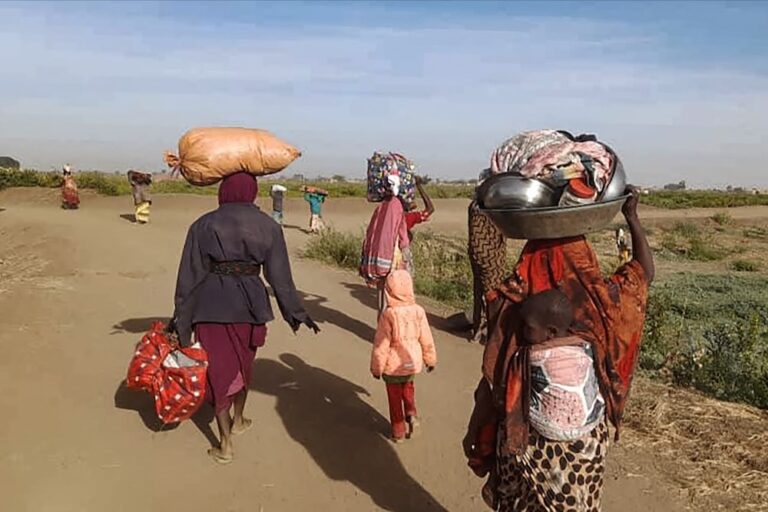RSF is concerned that prior censorship could be restored after security forces raided several newspapers.
(RSF/IFEX) – Reporters Without Borders is concerned that prior censorship could be restored in Sudan after security forces raided several newspapers in Khartoum, demanded to see the articles in preparation and prevented two newspapers from publishing several reports and editorials.
The raids came just three days after the authorities closed down the opposition daily “Rai al-Shaab” and arrested four of its journalists.
“After 20 months of prior censorship by the intelligence services, President Omar Al Bashir decreed an end to this practice in September 2009,” Reporters Without Borders said. “Last night’s developments seem to call this into question. We fear the government could be in the process of restoring censorship, which would be a historic reversal for press freedom and would signify a return to the darkest days of state surveillance of the print media.”
On 19 May 2010, after swooping on several newspapers, the security forces ordered the withdrawal and confiscation of several pages from “Ajras al-Hurriya”, a newspaper that supports Southern Sudan’s former rebels, and the independent newspaper “Al-Sahafa”. Fayez al-Silaik, the editor of “Ajras al-Hurriya”, said more than half of the pages of the paper’s 20 May issue were censored, making publication impossible.
Reporters Without Borders also condemns threats by the local authorities against two independent radio stations in Southern Sudan, Miraya FM and Bakhita. Information and broadcasting minister Paul Mayom Akech accused Miraya FM of “exceeding its mandate” by broadcasting reports that were divisive and incited ethnic violence. He gave the United Nations Mission in Sudan (UNMIS), which operates the station, a week to “put the editorial body in order,” failing which the station would be closed.
Radio Bakhita also risks losing its licence if it does not modify its programme content. The government of Southern Sudan is accusing it of devoting too much time to covering political developments instead of broadcasting religious programmes.


